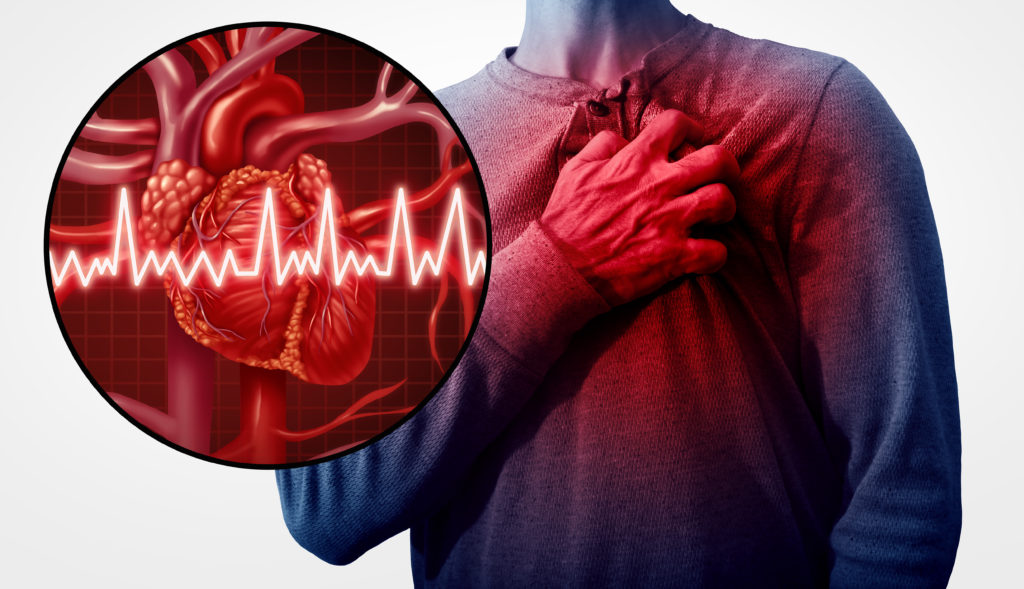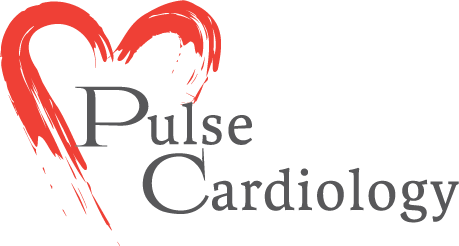What is a Heart Attack, Symptoms, and Treatment
The human heart can suffer from a multitude of diseases that leads to a plethora of complications. One such complication for an individual to suffer is a heart attack.
What is a Heart Attack?
A heart attack is a medical phenomenon that occurs when a clogged artery in the body of an individual completely blocks blood flow to a certain area of the individual’s heart.
Causes of Heart Attacks
Due to a clogged artery, the process of nutrient/energy delivery, toxin removal, Oxygen delivery, comes to a halt thus causing sections of the heart tissue to die. The longer a patient takes to seek medical attention, the further the damage will be. Even if the clogged artery or arteries are treated, the damage sustained by cardiac muscles stays the same since the stated damage is irreversible.
Primary heart attack causes are a plethora of heart-related medical conditions that are collectively termed as Coronary Heart Disease.
Symptoms of Heart Attacks
One of the most worrisome facts about medical issues pertaining to the human heart is that the signs of a heart attack can vary from one individual to the other. Symptoms include:
- One may or may not experience a sudden episode of having cold sweats.
- One may or may not experience that their head is spinning out of control.
- One may or may not feel a sudden pain in their lower jaw or that their lower jaw is getting tighter on both sides. This uncomfortable feeling can originate from the person’s chest and make its way to their lower jaw.
- One may or may not feel pain in the region between their shoulder blades. The pain can spread from the person’s back to their chest.
- One may or may not feel a sudden uncomfortable feeling in their neck.
- One may or may not feel a sudden pressure in their shoulder regions.
- One may or may not have an episode of shortness of breath.
- One may or may not feel pain or a feeling of heaviness in their chest.
- One may or may not feel nausea.
- One may or may not feel that their arms are getting numb.

Treatment of Heart Attacks
Emergency heart attack treatment commences right away given the patient or people around them contacts EMT right away. In the ambulance, the patient will be given a series of medications to stop the formation of blood clots in their circulatory system. Then the patient will be given drugs that are collectively called ‘blood thinners’ in an attempt to make sure that blood flow resumes in the clogged artery. This prevents the heart tissues from sustaining further damage.
After the patient reaches the hospital, a doctor will examine the condition of the patient using:
- EKG
- Echocardiography
- Blood tests
After that, bypass surgery or cardiac catheterization may be suggested by the doctor to prevent future attacks and ensure the patient lives on.
One can keep all of these at bay by leading an active lifestyle and eating healthy. It is best to stay away from:
- Saturated fats
- Processed food products
- Alcohol
- Soft drinks
- Tobacco products
- Red meat.
Work out regularly, eat lots of vegetables and maintain a healthy BMI (Body Mass Index) factor.
If you would like to schedule an appointment with one of our cardiologists, please call: +1 (909) 881-7400
